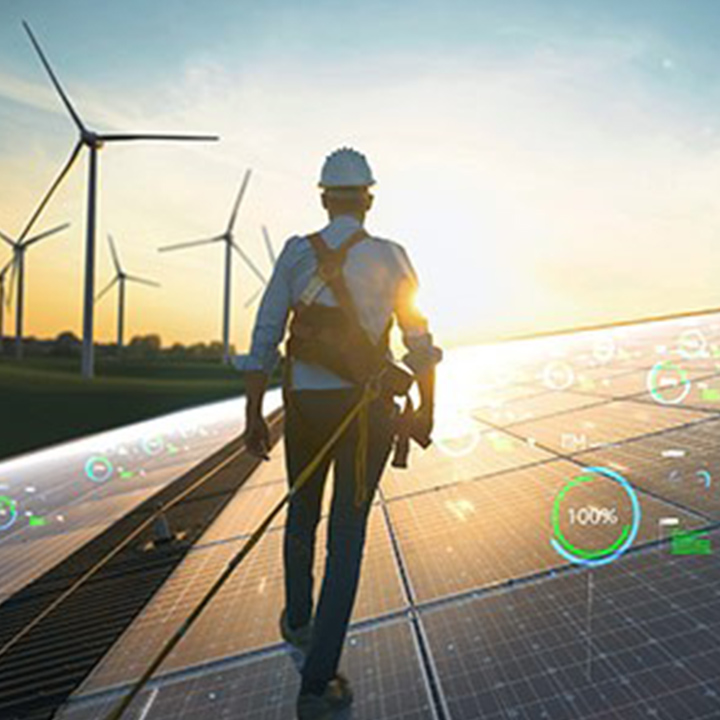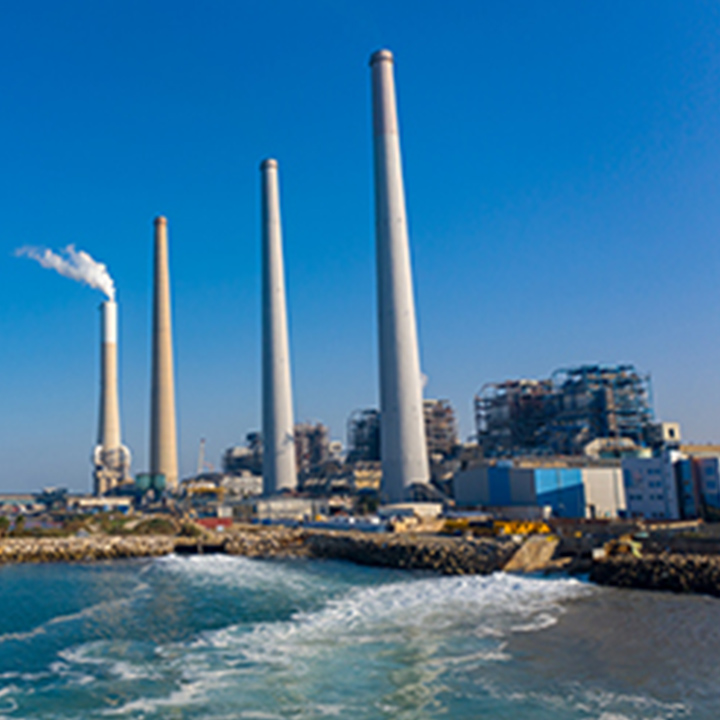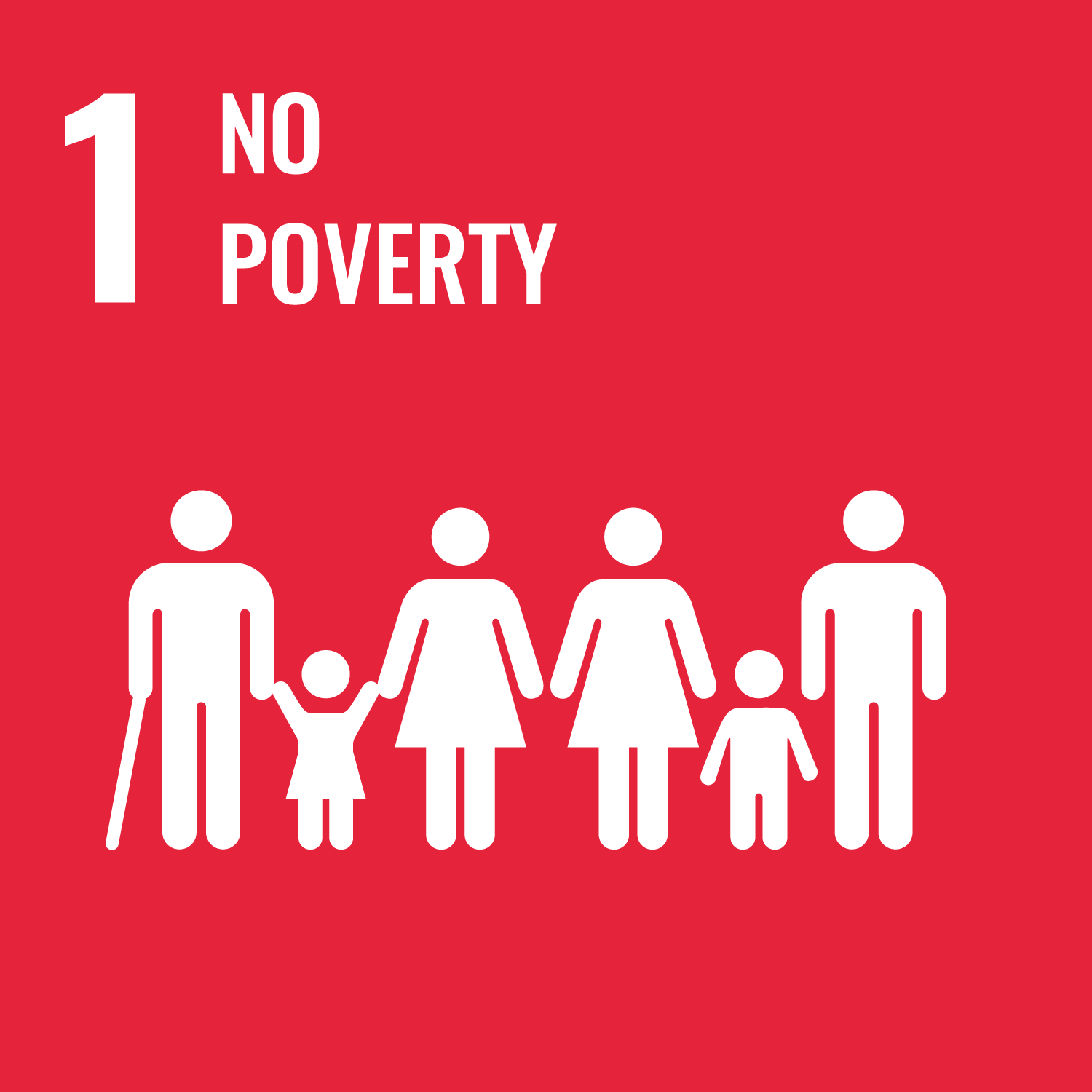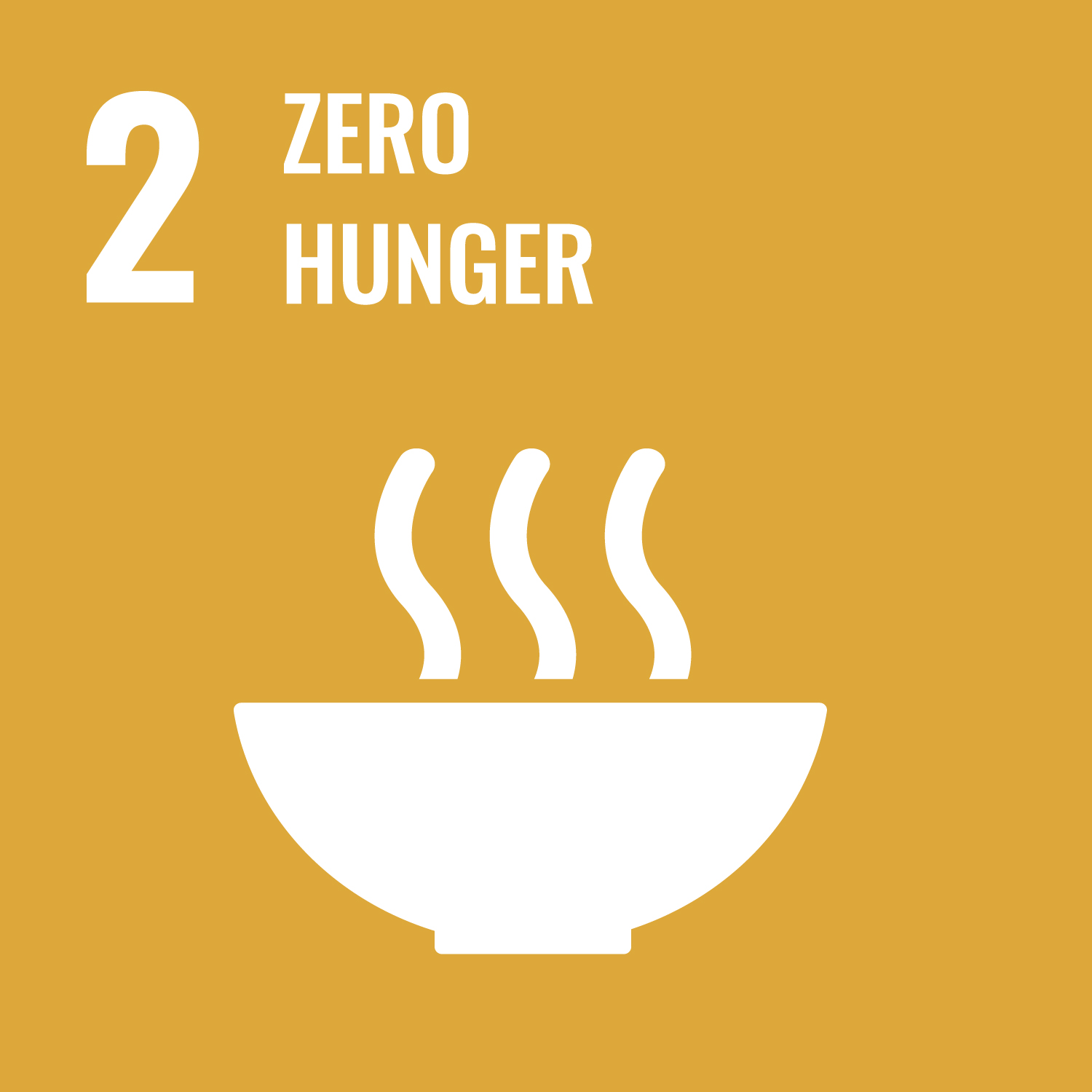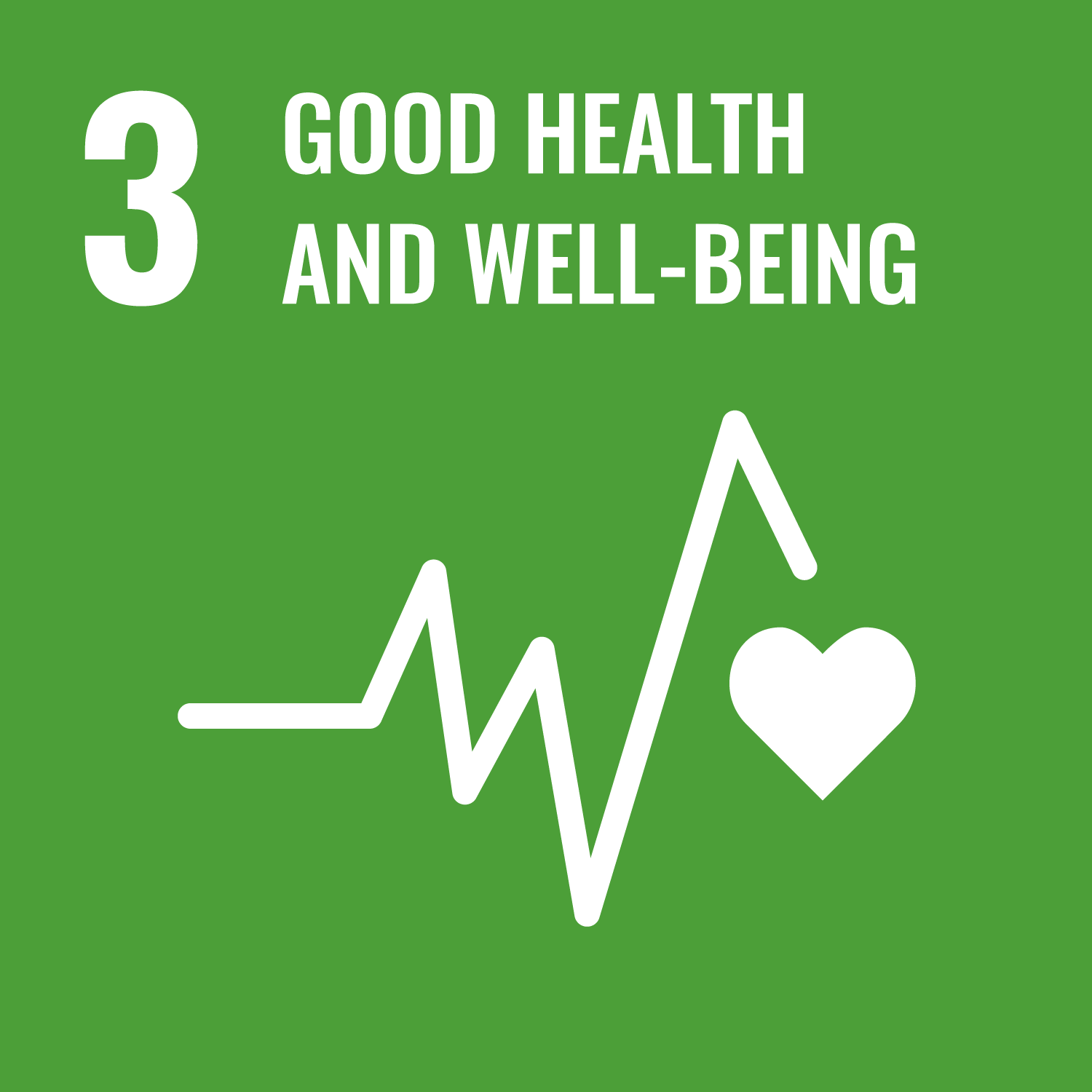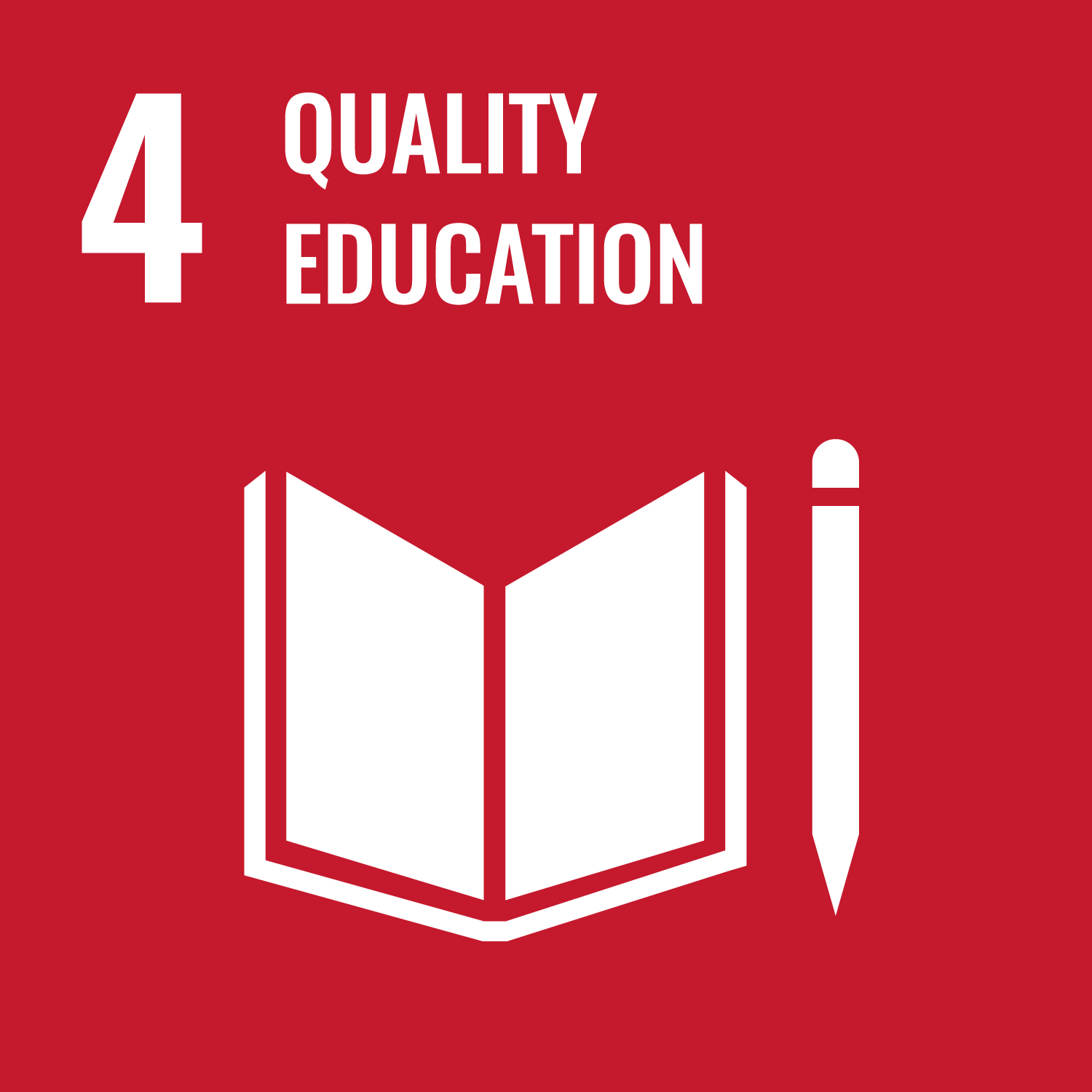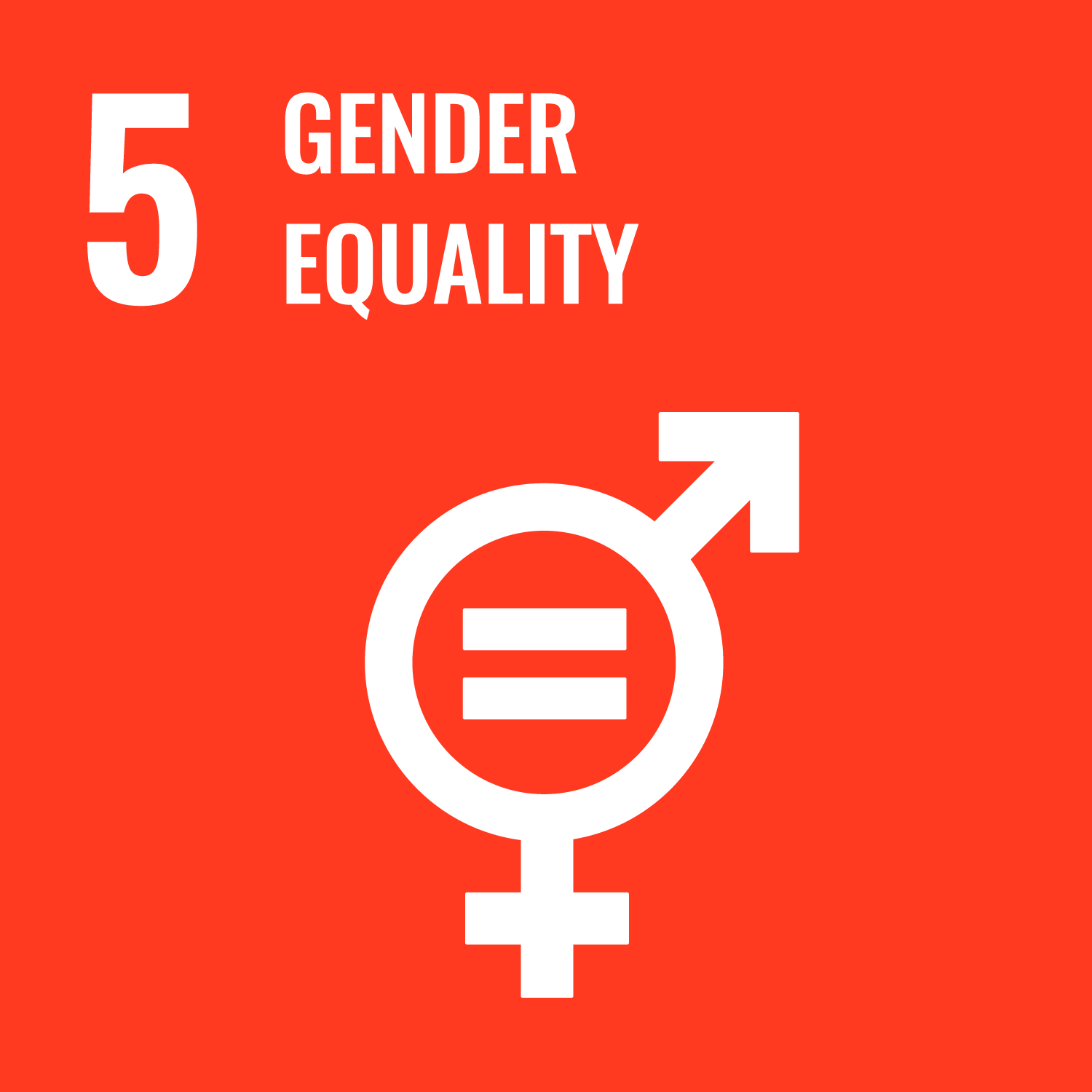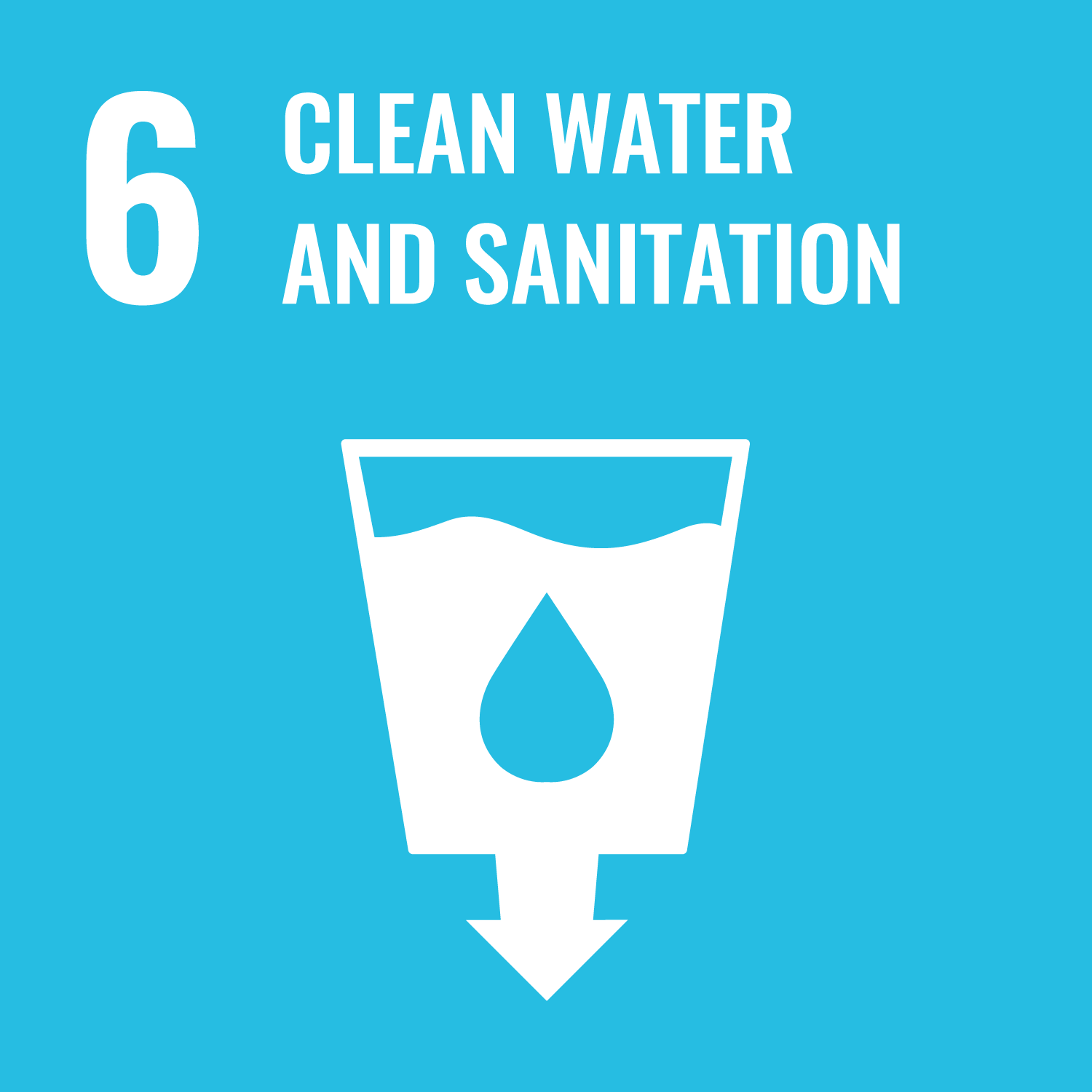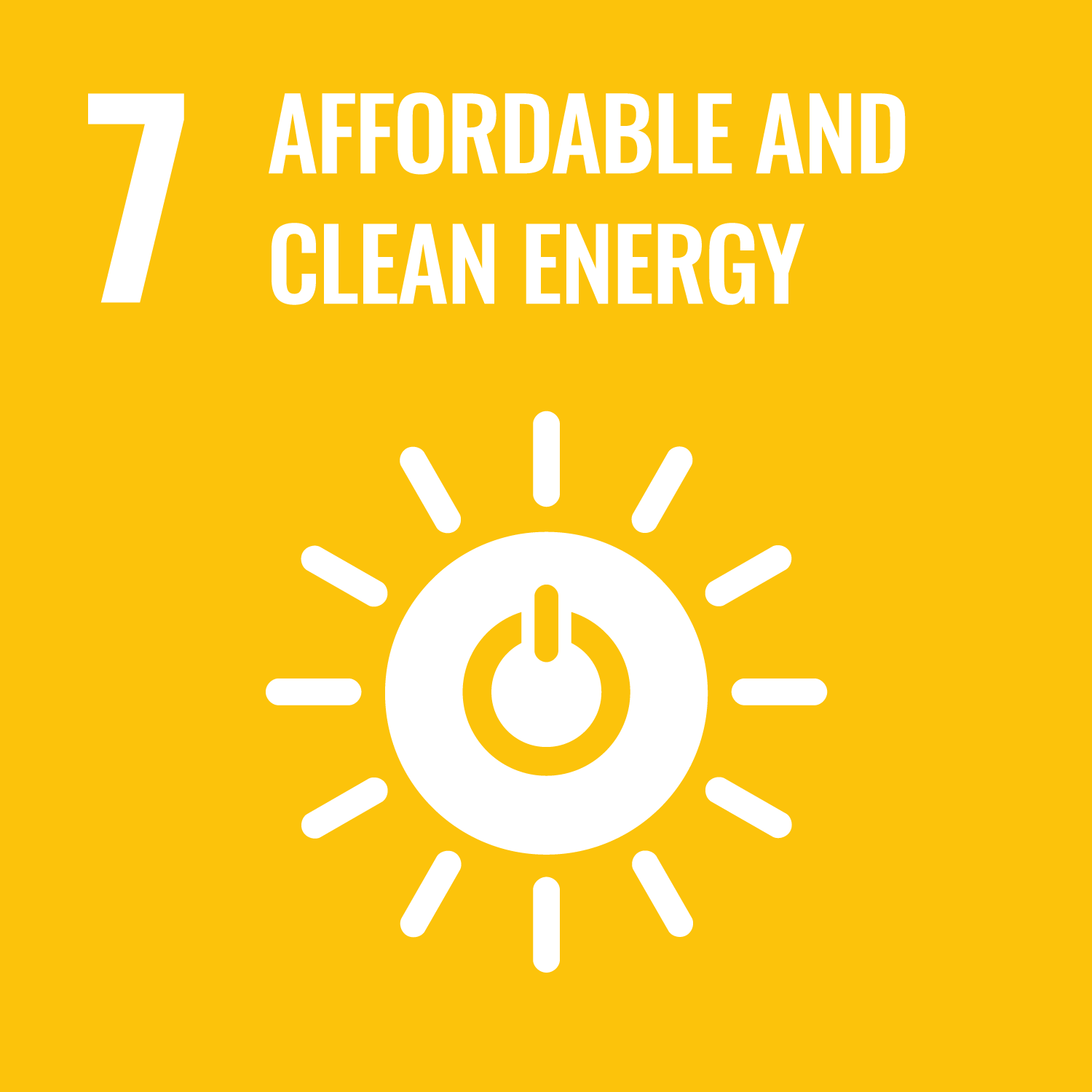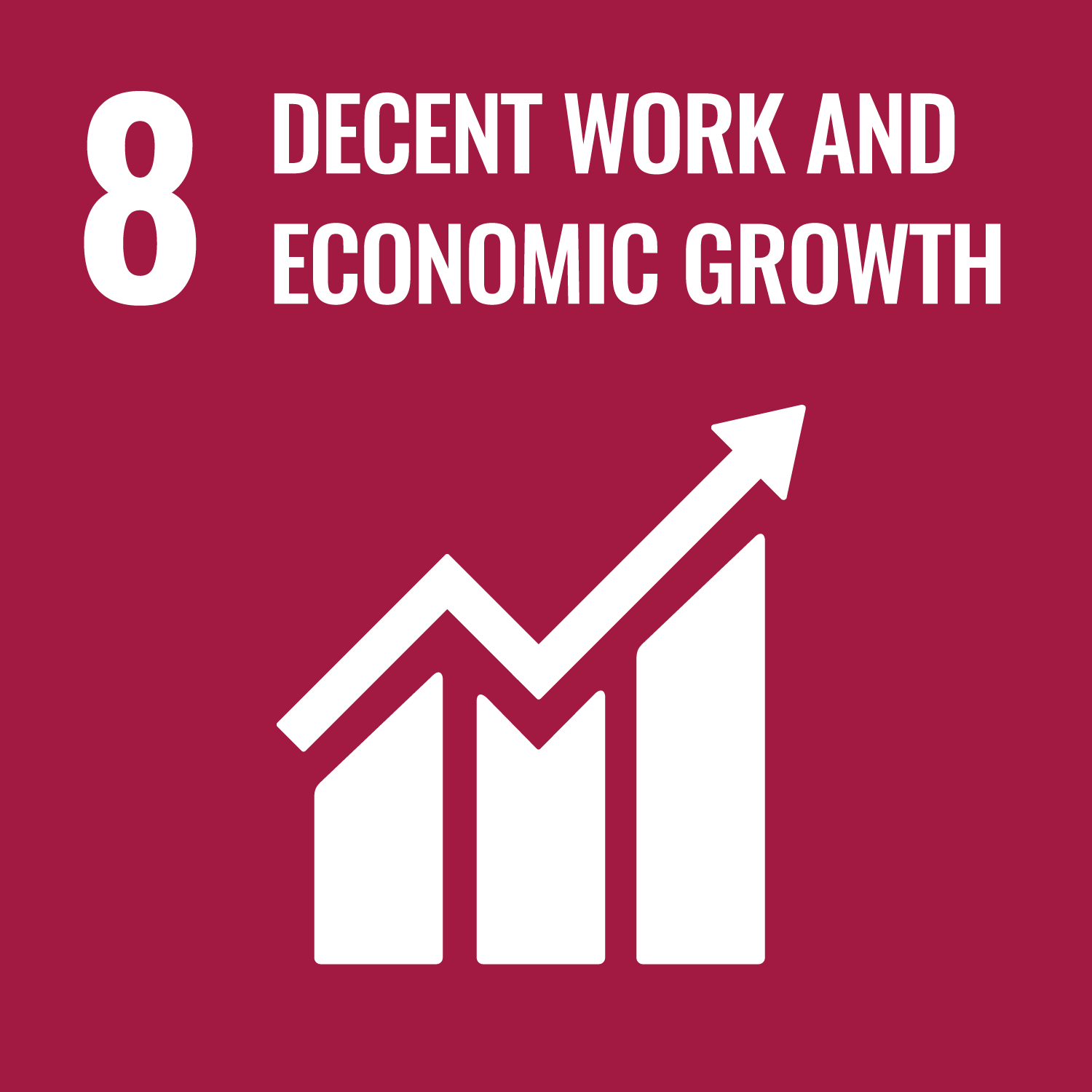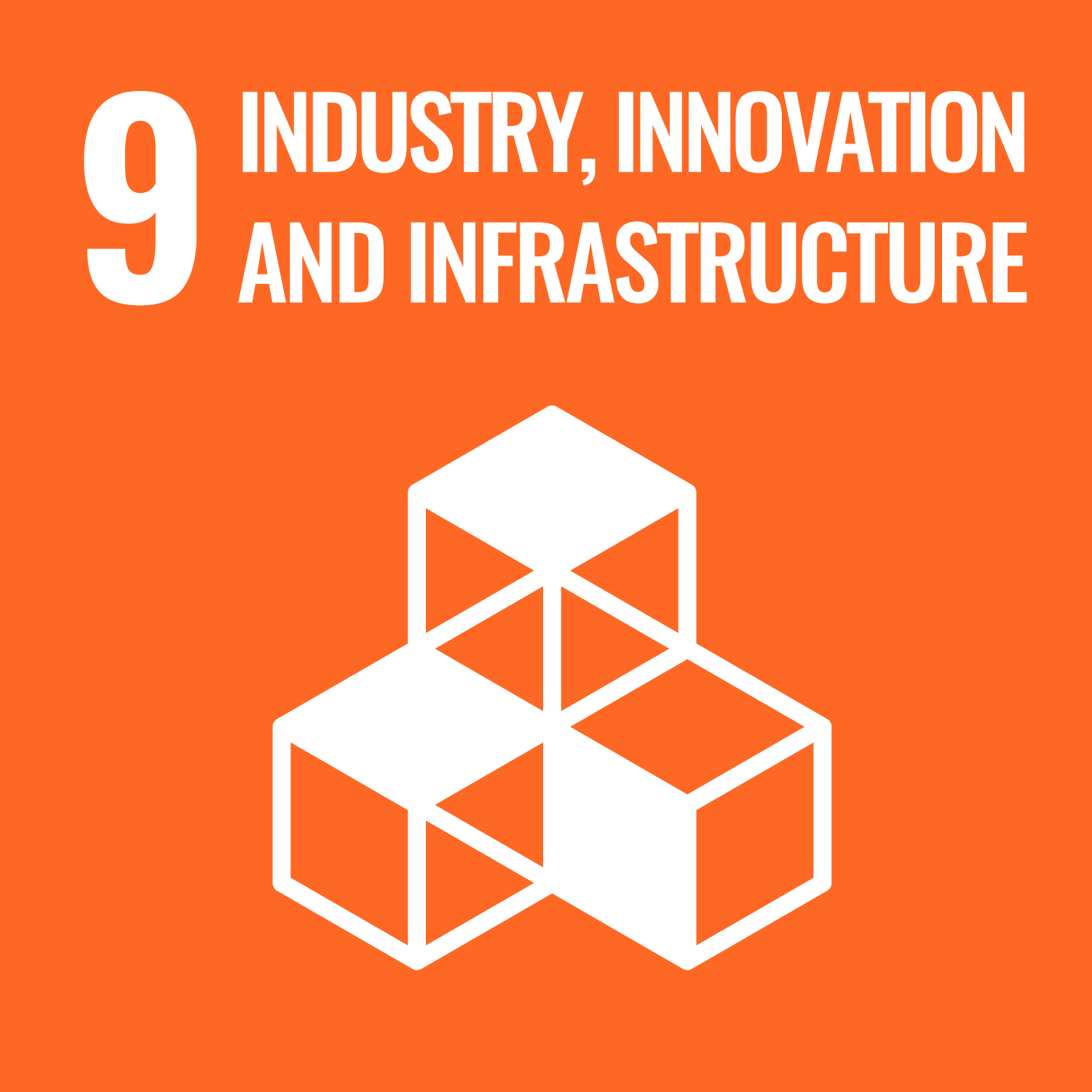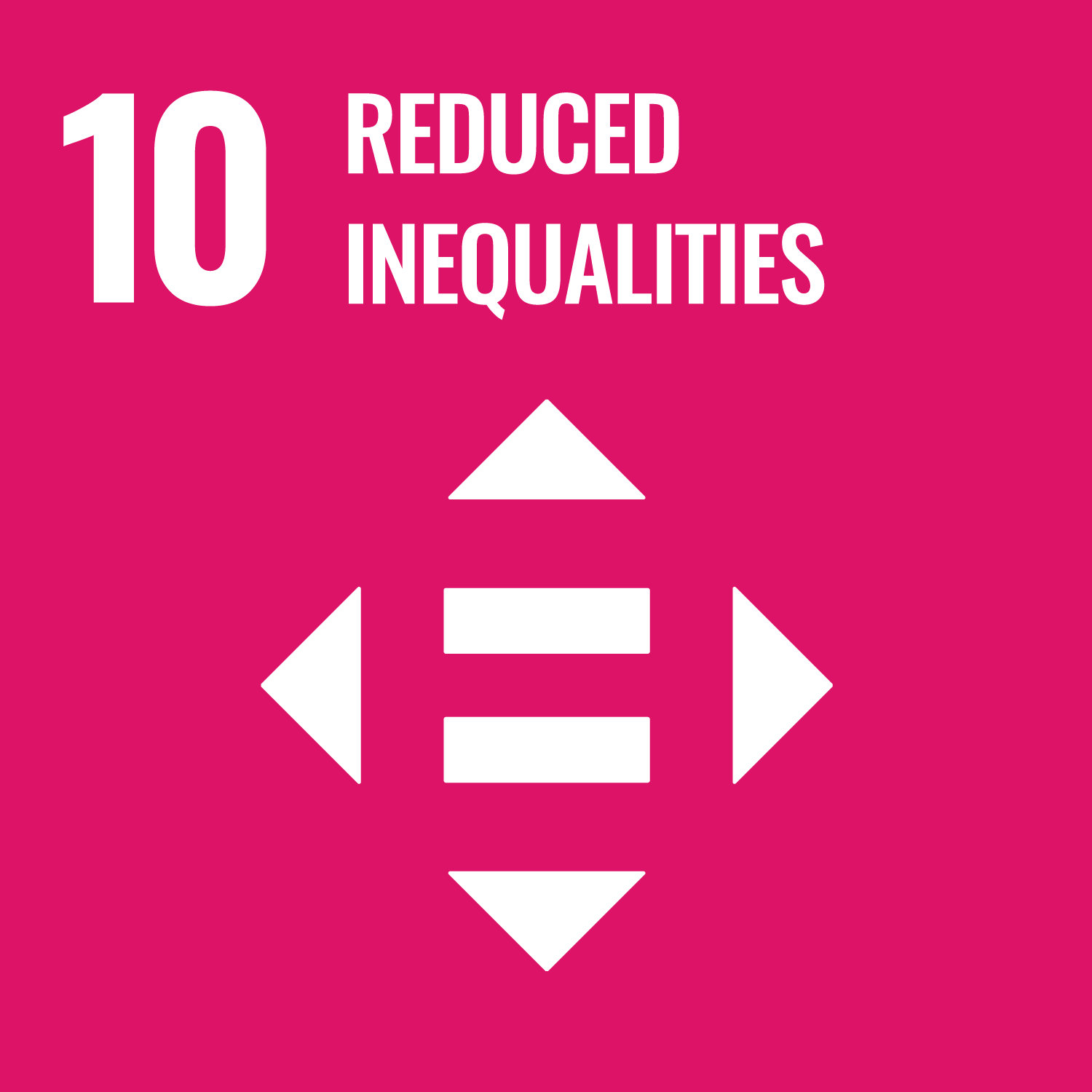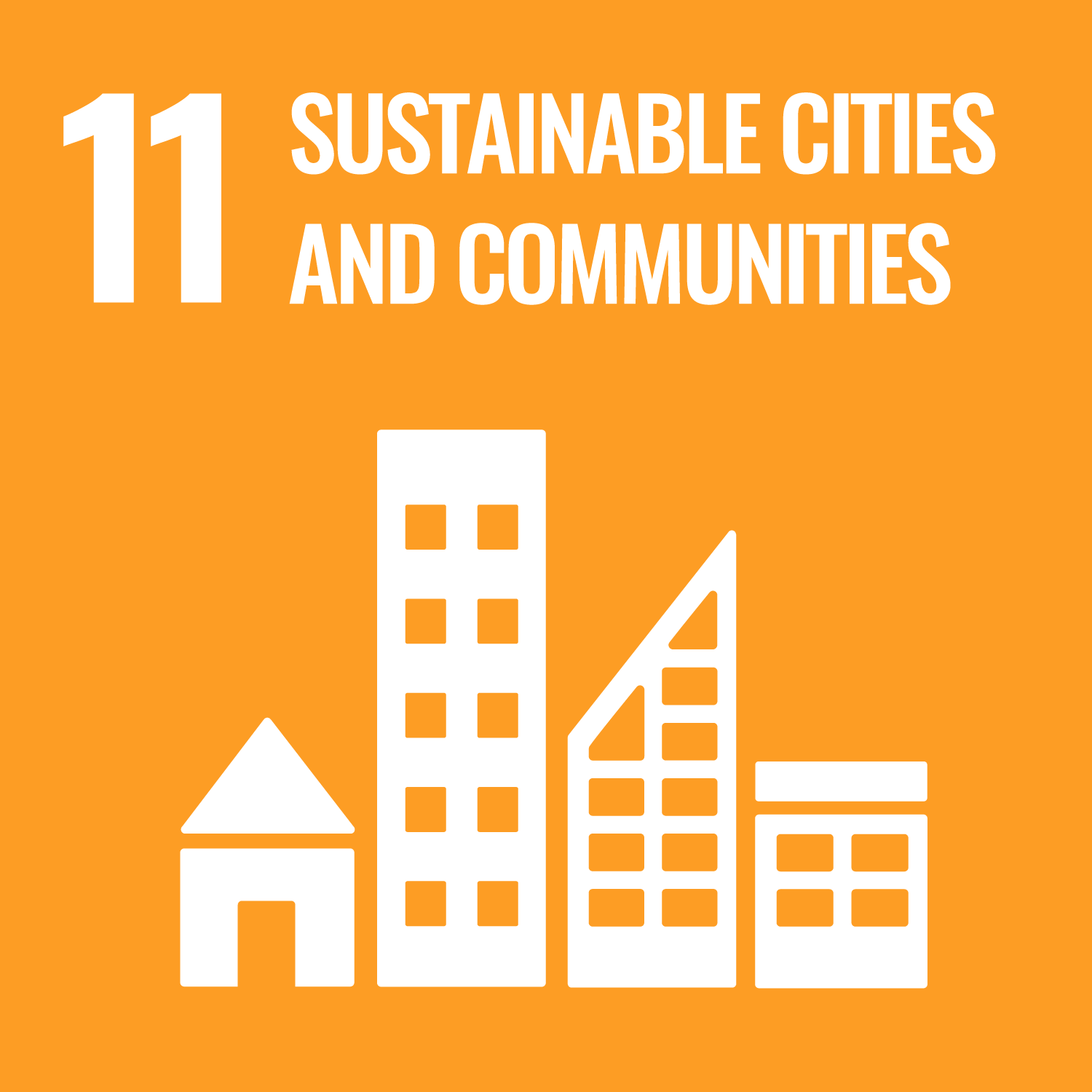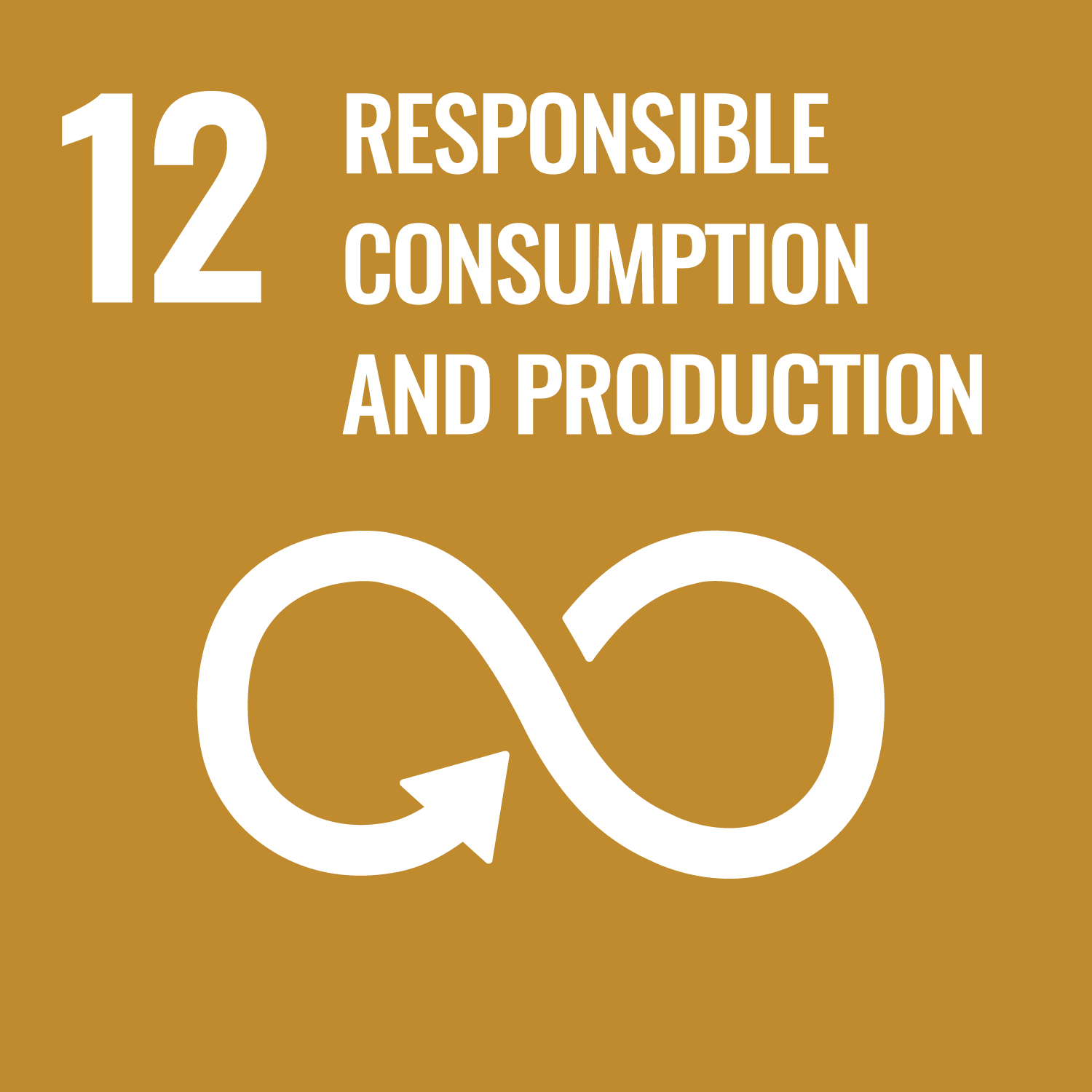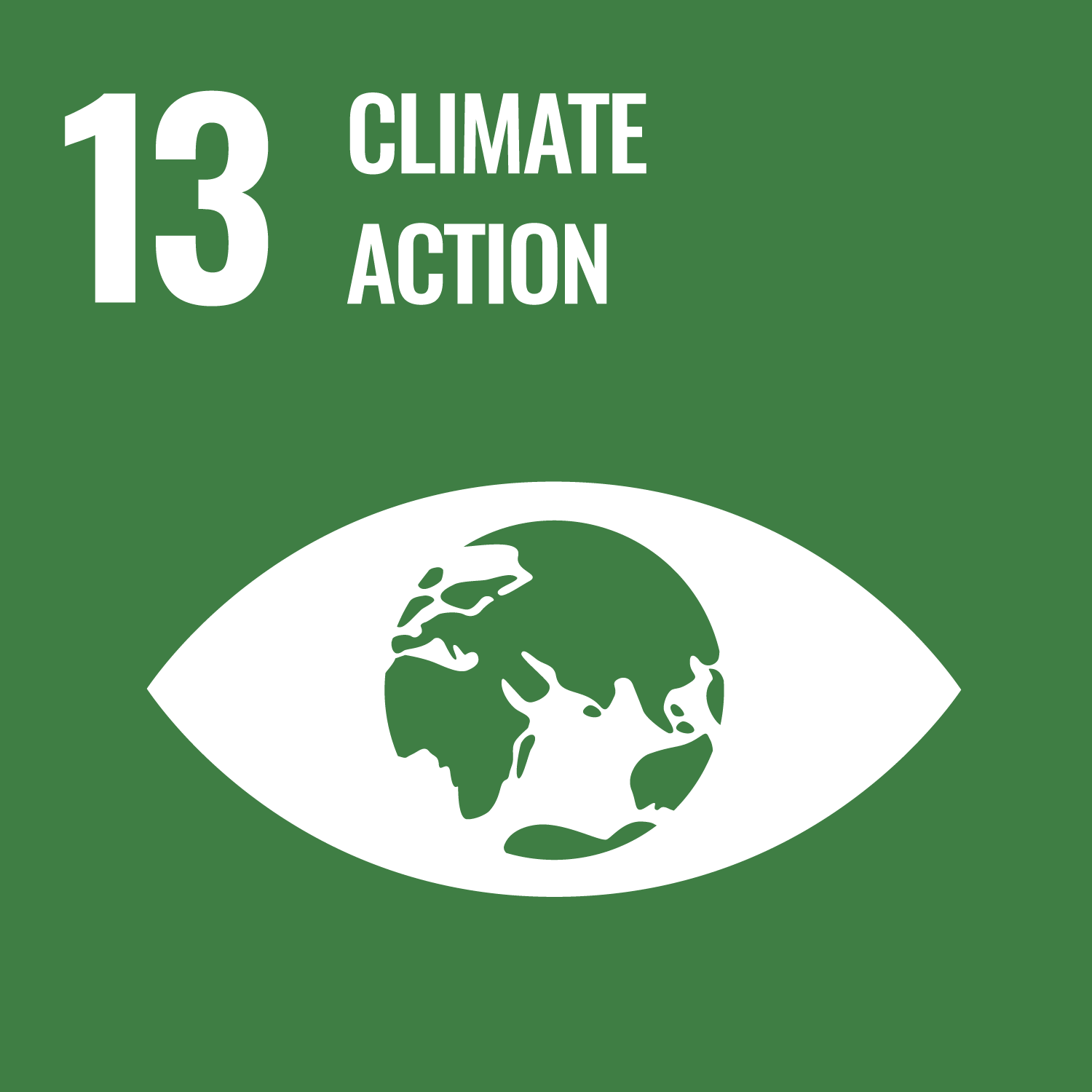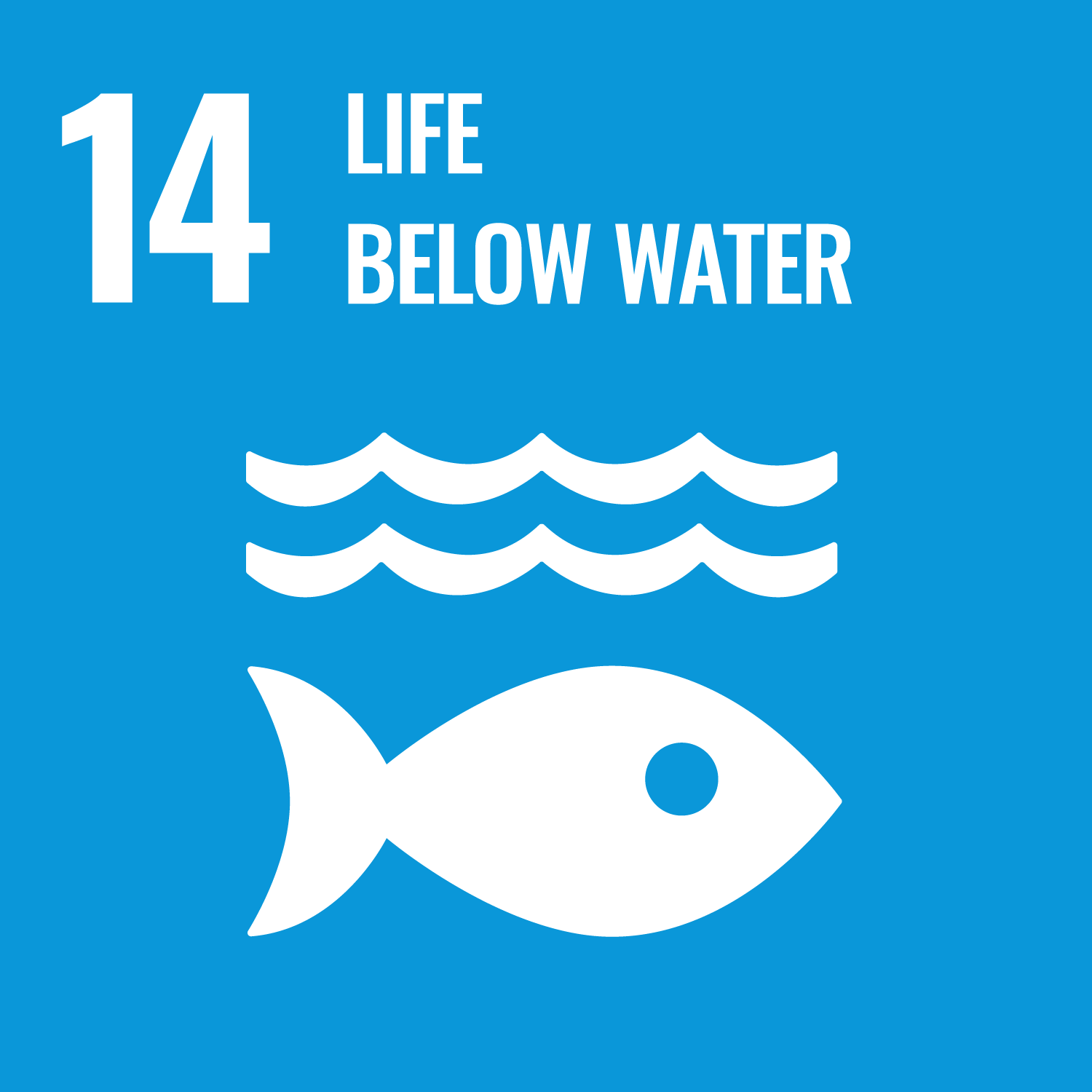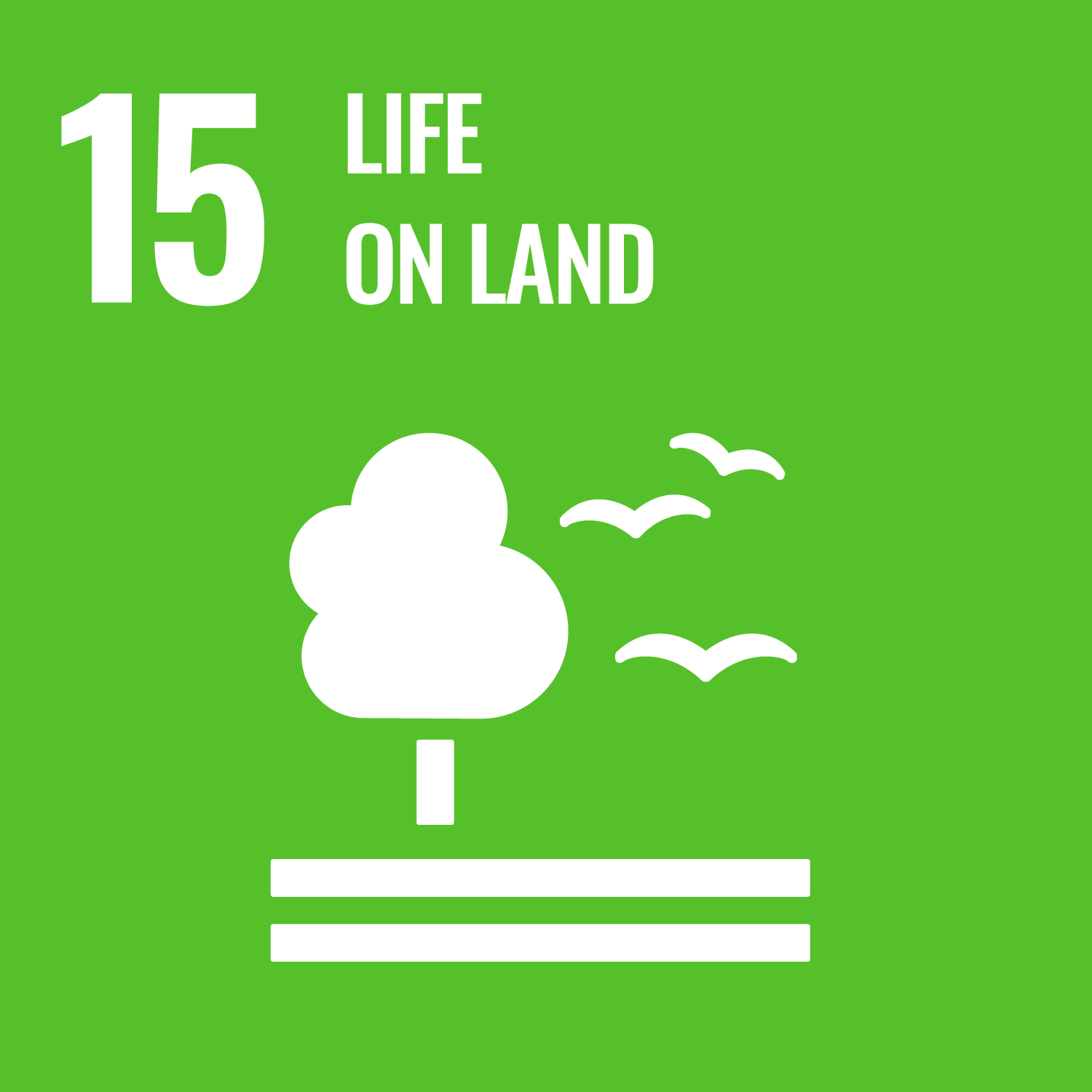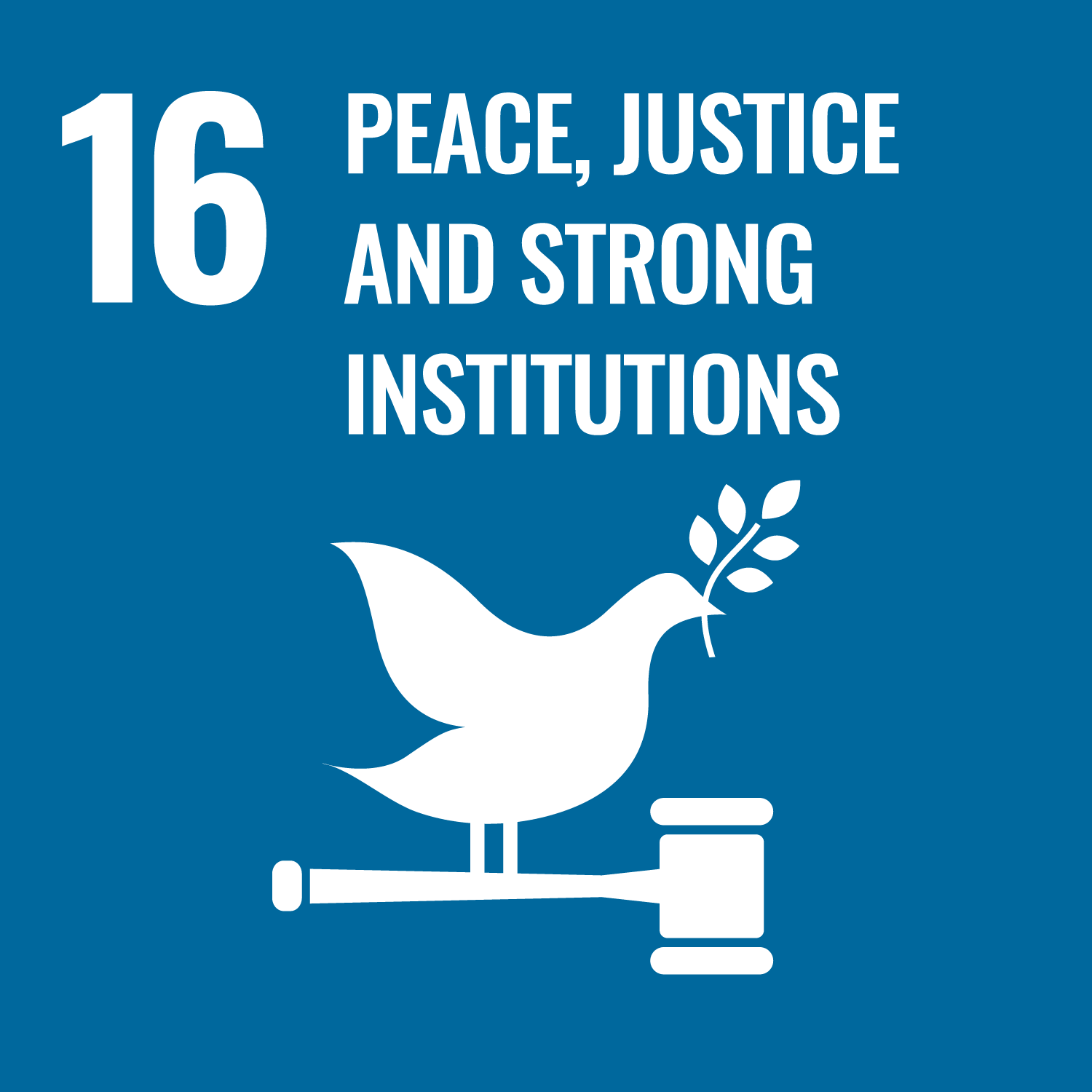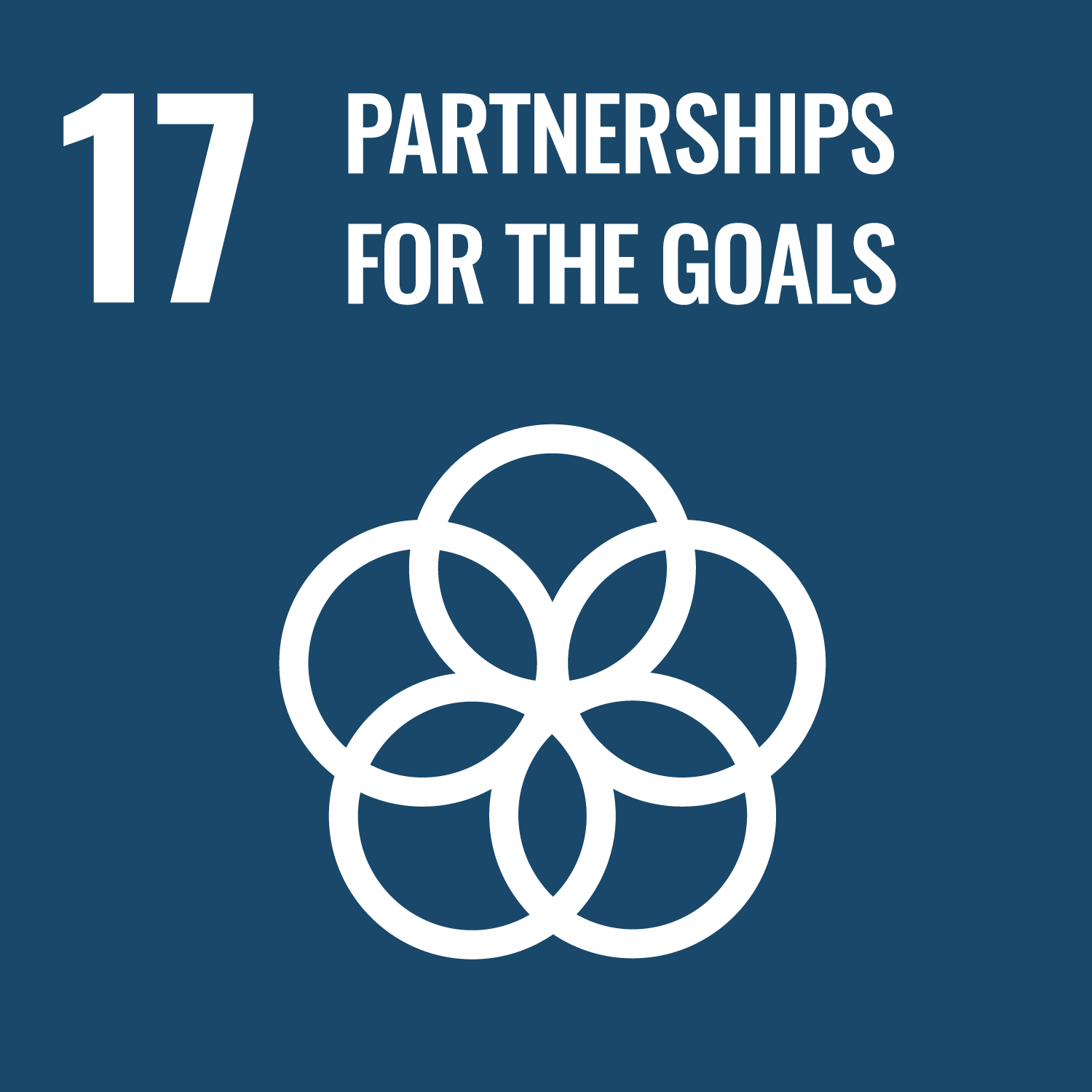SDG 7: Affordable and Clean Energy
Sorbonne University Abu Dhabi is deeply committed to promoting and supporting clean energy through a multifaceted approach that encompasses research, outreach, and sustainable practices within its own operations. The university engages in cutting-edge research focused on renewable energy technologies and sustainable energy management, fostering innovation and knowledge sharing. Outreach initiatives include workshops and seminars that educate students and the community on the importance of clean energy and sustainable practices. Furthermore, the university has undertaken energy-efficient renovations of its facilities, incorporating smart building technologies to reduce energy consumption significantly. By identifying areas of energy wastage and implementing strategic plans to minimise it, SUAD not only enhances its operational efficiency but also sets a strong example for students and the broader community in the pursuit of a sustainable future.

 English
English
 Français
Français
 العربية
العربية



